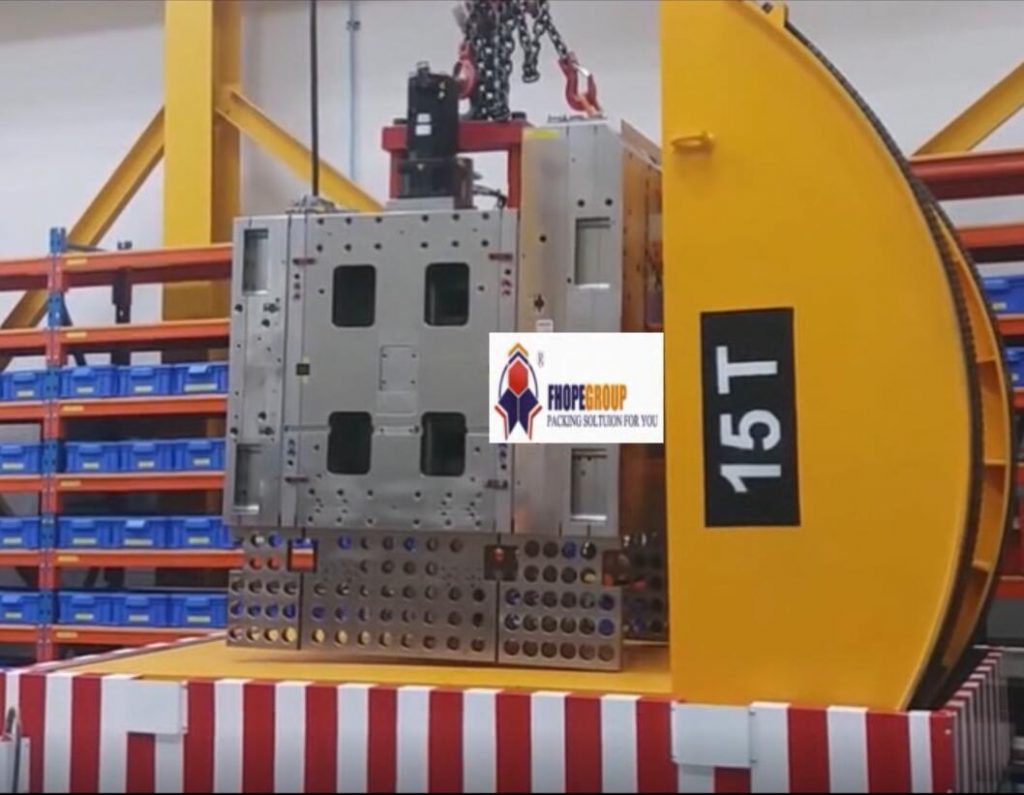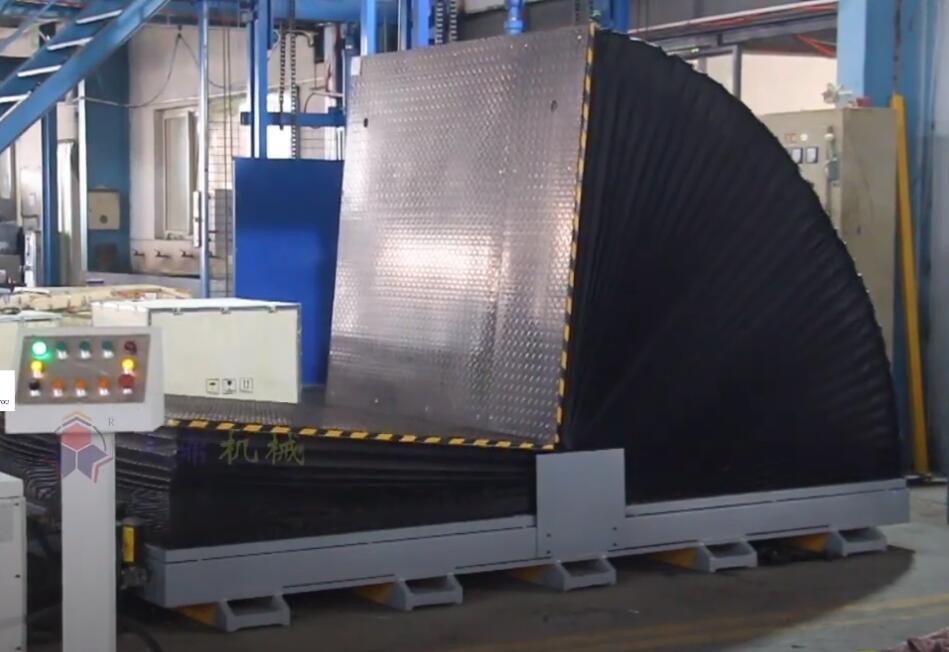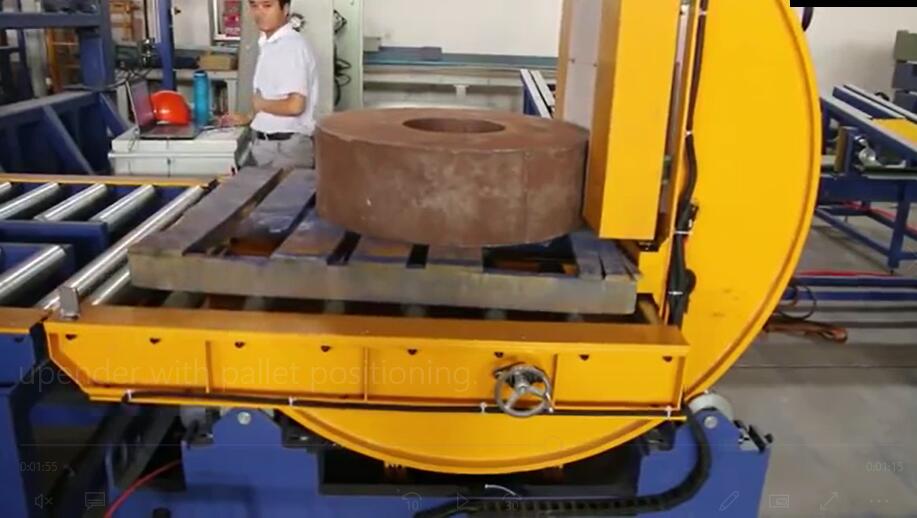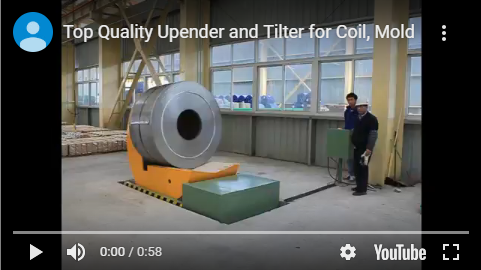2024 Automation Trends and Developments in Wooden Bundle 180 Degree Inverters
The woodworking industry is undergoing a significant transformation, fueled by advancements in automation technology. At the forefront of this change is the Wooden Bundle 180 Degree Inverter, which offers improved efficiency and safety. In this article, we’ll explore the latest trends and developments in 2024, providing a comprehensive guide to understanding and leveraging these innovations.
Introduction to Wooden Bundle Inverters
What is a Wooden Bundle 180 Degree Inverter?
A Wooden Bundle 180 Degree Inverter is a sophisticated machine designed to flip large bundles of wood. This process is crucial for ensuring even treatment and handling, streamlining operations in woodworking facilities. The inverter’s ability to rotate bundles allows for uniform processing, which is essential for high-quality output.
Importance in the Industry
These machines play a critical role in reducing manual labor, improving safety, and boosting productivity. As demand for precision and efficiency grows, the adoption of inverters is becoming essential. They help facilities meet high production standards and comply with strict safety regulations, making them indispensable in modern woodworking operations.
Key Trends in 2024
Increased Automation
The push towards full automation is gaining momentum. In 2024, more manufacturers are integrating automated systems to reduce human intervention and enhance consistency. This shift not only speeds up production but also ensures a more reliable and repeatable process, leading to higher quality products and reduced waste.
Smart Technology Integration
Inverters are now equipped with smart technology, such as IoT and AI, enabling real-time monitoring and predictive maintenance. This integration allows for proactive problem-solving, reducing downtime and enhancing operational efficiency. Smart systems can also provide valuable data analytics, helping businesses optimize their processes.
Sustainability Initiatives
Sustainability is at the heart of new developments. Manufacturers are focusing on energy-efficient machines and eco-friendly materials to minimize environmental impact. This trend aligns with global efforts to reduce carbon footprints and promote sustainable practices in industrial operations.
Benefits of Modern Inverters
Enhanced Efficiency
Modern inverters dramatically reduce the time required for flipping bundles, allowing for faster processing and increased throughput. This efficiency translates into higher production rates and the ability to meet tight deadlines, providing a competitive edge in the market.
Improved Safety Standards
By minimizing manual handling, these machines enhance safety, reducing the risk of workplace injuries and ensuring compliance with safety regulations. Automated systems can perform tasks that are dangerous for humans, further protecting the workforce and reducing liability.
Cost Reduction
Automation leads to substantial cost savings by lowering labor expenses and minimizing errors, ultimately boosting profitability. The precision of automated systems reduces material waste and the need for rework, contributing to overall cost efficiency.
Challenges in Implementation
High Initial Investment
While the benefits are clear, the initial cost of purchasing and integrating these machines can be prohibitive for some businesses. However, the long-term savings often outweigh the upfront expenses. Companies must consider financing options and potential ROI when planning their investments.
Training and Skill Development
Transitioning to automated systems requires a skilled workforce. Companies must invest in training programs to ensure employees can effectively operate and maintain these machines. This investment in human capital is crucial for maximizing the benefits of automation and ensuring smooth operations.
Integration with Existing Systems
Seamlessly integrating new technology with existing infrastructure can be challenging. A strategic approach is necessary to ensure compatibility and minimal disruption. Businesses may need to upgrade their current systems or adapt their processes to fully leverage the capabilities of new inverters.
Innovations in Machine Design
Compact and Modular Designs
2024 sees a trend towards compact and modular designs, allowing for easier installation and customization to meet specific operational needs. These designs make it possible for facilities with limited space to implement advanced technology without extensive modifications.
Advanced Control Systems
New inverters feature advanced control systems that offer greater precision and flexibility, enabling operators to adjust settings for different types of wood and bundle sizes. This adaptability ensures optimal performance across a variety of applications, enhancing overall productivity.
Enhanced Durability
Manufacturers are focusing on durability, using high-quality materials and engineering to ensure machines withstand the rigors of continuous operation. This focus on longevity reduces maintenance costs and extends the lifespan of the equipment, providing better value for investment.
Case Studies: Success Stories
Company A: Revolutionizing Operations
Company A implemented the latest 180-degree inverters, leading to a 50% increase in productivity. Their strategic investment in automation allowed them to reduce labor costs and enhance product quality.
Company B: Embracing Sustainability
By adopting energy-efficient inverters, Company B reduced their carbon footprint by 30%. Their commitment to sustainability not only improved their environmental impact but also boosted their brand reputation.
Future Developments and Predictions
AI and Machine Learning
AI and machine learning will continue to evolve, offering even more sophisticated solutions for managing and optimizing inverter operations. These technologies will enable predictive analytics and adaptive control, further enhancing efficiency.
Greater Customization
The demand for customizable solutions is rising. Future developments will focus on creating versatile machines that can easily adapt to various operational requirements and wood types.
Global Market Expansion
As awareness of the benefits grows, the global market for wooden bundle inverters is expected to expand. Companies worldwide will increasingly adopt these technologies to stay competitive.
Practical Tips for Businesses
Evaluating Needs
Before investing in an inverter, assess your specific operational needs and challenges. Understanding your requirements will help you select the right machine for your facility.
Planning for Integration
Develop a comprehensive integration plan that includes timelines, budget considerations, and training programs. A well-thought-out strategy will ensure a smooth transition.
Continuous Monitoring and Maintenance
Implement regular monitoring and maintenance schedules to keep your machines operating at peak performance. Proactive maintenance can prevent costly breakdowns and extend the lifespan of your equipment.





